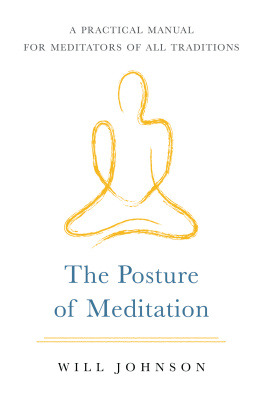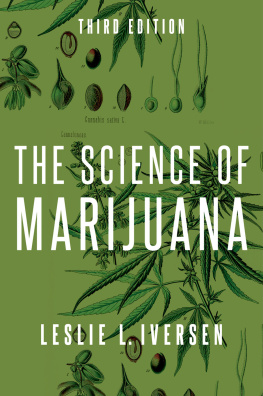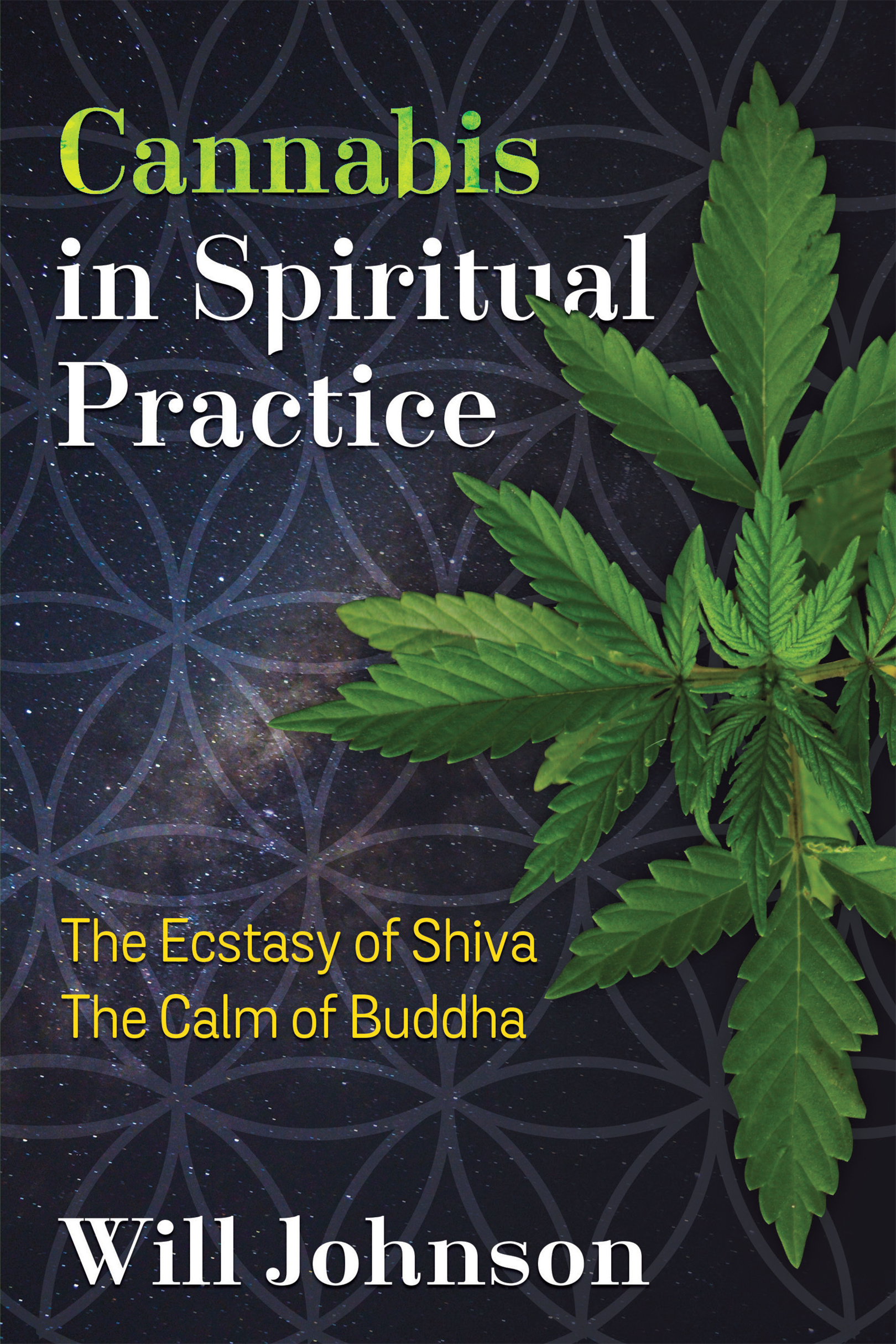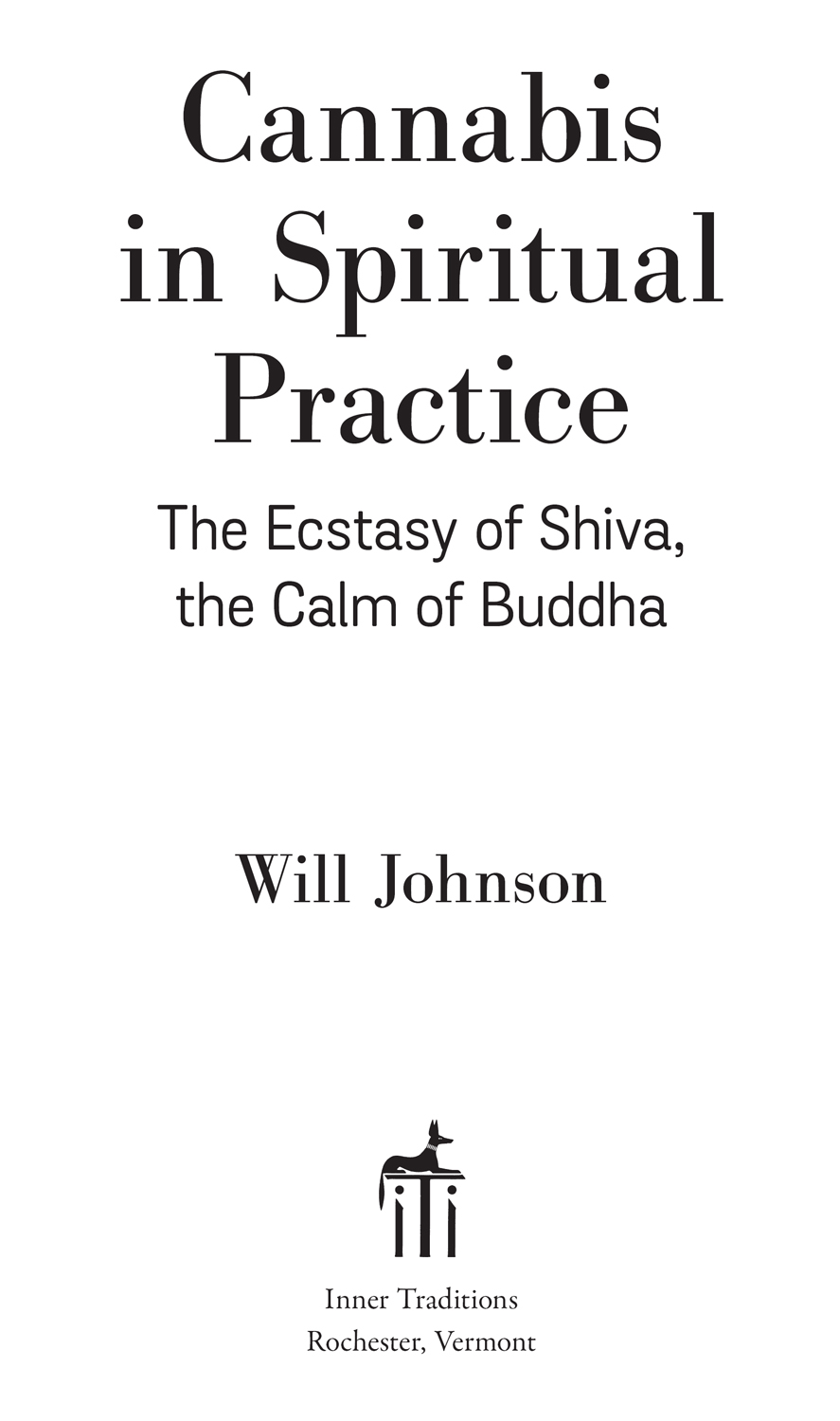Will Johnson - Cannabis in Spiritual Practice: The Ecstasy of Shiva, the Calm of Buddha
Here you can read online Will Johnson - Cannabis in Spiritual Practice: The Ecstasy of Shiva, the Calm of Buddha full text of the book (entire story) in english for free. Download pdf and epub, get meaning, cover and reviews about this ebook. year: 2018, publisher: Inner Traditions, genre: Religion. Description of the work, (preface) as well as reviews are available. Best literature library LitArk.com created for fans of good reading and offers a wide selection of genres:
Romance novel
Science fiction
Adventure
Detective
Science
History
Home and family
Prose
Art
Politics
Computer
Non-fiction
Religion
Business
Children
Humor
Choose a favorite category and find really read worthwhile books. Enjoy immersion in the world of imagination, feel the emotions of the characters or learn something new for yourself, make an fascinating discovery.

- Book:Cannabis in Spiritual Practice: The Ecstasy of Shiva, the Calm of Buddha
- Author:
- Publisher:Inner Traditions
- Genre:
- Year:2018
- Rating:5 / 5
- Favourites:Add to favourites
- Your mark:
Cannabis in Spiritual Practice: The Ecstasy of Shiva, the Calm of Buddha: summary, description and annotation
We offer to read an annotation, description, summary or preface (depends on what the author of the book "Cannabis in Spiritual Practice: The Ecstasy of Shiva, the Calm of Buddha" wrote himself). If you haven't found the necessary information about the book — write in the comments, we will try to find it.
Provides instructions for using marijuana for the spiritual practices of spontaneous movement, ecstatic dance, sitting meditation, and gazing meditation, allowing you to open the bodys energies more fully and get closer to the Divine or your higher self
Includes a new translation of the Five Moral Precepts of Buddhism, adapted to include energetic practices and the judicious use of entheogenic substances as a legitimate support for spiritual growth
Includes access to 9 audio meditations
With the end of marijuana prohibition on the horizon, people are now openly seeking a spiritual path that embraces the benefits of cannabis. Drawing upon his decades of experience as a teacher of Buddhism, breathing, yoga, and embodied spirituality, Will Johnson examines Eastern spiritual perspectives on marijuana and offers specific guidelines and exercises for integrating cannabis into spiritual practice.
The author explains how the great Hindu god Shiva enjoyed consuming bhang, a marijuana mixture that would cause his body to make spontaneous movements. From these cannabis-inspired movements, Shiva brought the body-focused practices of dance and yoga to the world. Examining the spiritual path of Shiva, including the Sadhu tradition, Johnson provides specific instructions and protocols for using marijuana as a sacrament as Shiva did. He explores how to embrace cannabis for the practices of spontaneous movement, ecstatic dance, sitting meditation, and gazing meditation. He reveals how the ecstatic surrender to the feeling energies of the body in these practices is enhanced through the ingestion of Shivas herb, allowing you to open the bodys energies more fully and get closer to the Divine or your higher self.
Exploring the Buddhist practices of calming the mind and grounding yourself in sensory awareness, Johnson shows that, while traditional Buddhist teachings forbid the use of intoxicating substances, Buddhists who use cannabis are not committing a cardinal sin--in following our dharma, we must embrace what best supports our spiritual practice. He concludes with a new translation of the Five Moral Precepts of Buddhism--what he calls the Five Precepts of Embodied Responsibility--adapted to include energetic practices using breath, interaction with the energies of nature, sacred sex, and the judicious use of entheogenic substances, such as cannabis, as legitimate support for spiritual growth.
Will Johnson: author's other books
Who wrote Cannabis in Spiritual Practice: The Ecstasy of Shiva, the Calm of Buddha? Find out the surname, the name of the author of the book and a list of all author's works by series.














